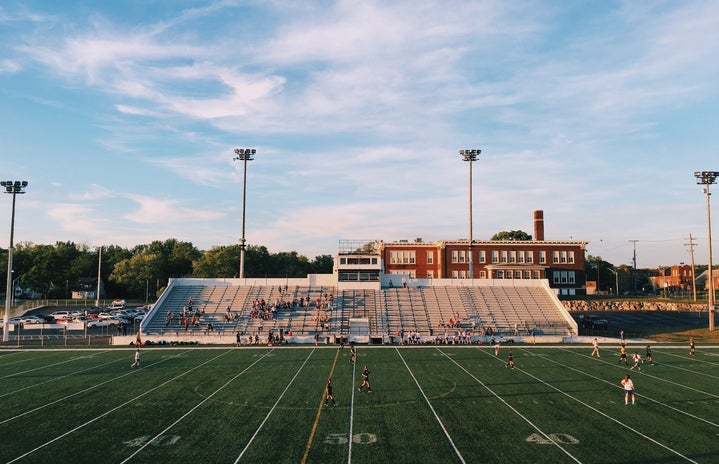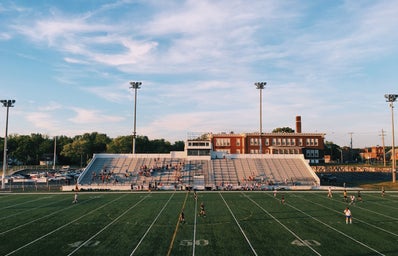The NCCA’s board of governors voted unanimously to have its three divisions propose policy changes that would let student-athletes benefit from the use of their name, image and likeness “in a manner consistent with the collegiate model’, the association detailed in their announcement Tuesday.
“We must embrace change to provide the best possible experience for college athletes,” board chair and Ohio State president Michael V. Drake said in a statement. “ Additional flexibility in this area can and must continue to support college sports as a part of higher education. “Discussion has been a priority for those in alignment with the bill and have achieved that in the highest level of college sports business.”
It’s not an immediate juncture, but it does have tones of urgency. The three NCAA divisions, Division I, II, and III, are now tasked with making changes to their bylaws by no later than January 2021. The vote came shortly after California signed Senate Bill 206 into law, which will take effect in 2023.The bill will allow collegiate athletes to profit from the use of their name, image and likeness. Despite its announcement on Tuesday, the NCAA said it still opposes California’s legislation, standing with its claim that it “likely is unconstitutional. ”This is consistent with the NCAA’s concerns of the possible implications that can be made with students being paid directly.
California’s state senator Nancy Skinner, who wrote the first proposed bill, tweeted Tuesday that the “announcement shows promise… But the Devil is in the details on what the NCAA means by adhering to the ‘collegiate model’ in its new rules.”
“California has made it clear that we won’t accept any arbitrary limitations on college athletes’ right to their name, image, and likeness,” Skinned explained.
Skinner makes a strong stand even in the wake of the good news, emphasizing this as only the beginning, but that real progress is being made.
The NCAA said its decision was based on recommendations from a working group comprised of school presidents, commissioners, athletic directors, administrators and athletes. They will continue to gather feedback through April 2020. It’s still a process, but one welcomed in order to make history. Whether or not the NCAA will fulfill what many student athletes and lawmakers pushing for, one thing is for certain: This is a major win and one big step for collegiate athletes pay.
Image Credit(Tweet): https://twitter.com/NancySkinnerCA/status/1189595319496896514



